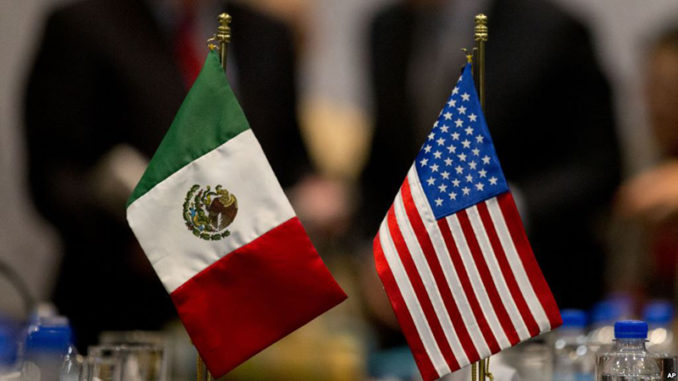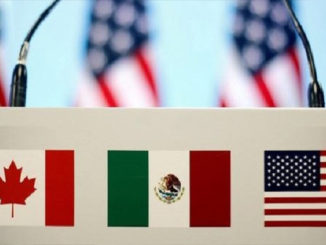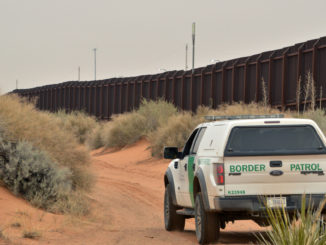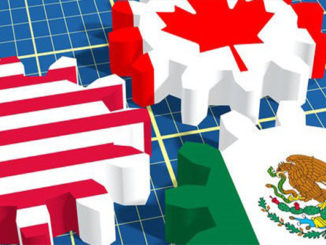
by Jodi Bond
Economic success depends on strong relationships with your best partners.
Any manager of a neighborhood mom-and-pop shop or a CEO of a Fortune 500 company knows this by heart. This principle holds true in the global context, where we should know that to compete successfully in the world economy, we need to strengthen our top-tier partnerships, such as that with Mexico.
Our relationship with Mexico goes beyond the $250 billion in U.S. goods that are shipped south annually, which is more than what China, Japan and Germany buy from us combined.
- It’s about the prosperity of 29 of our 50 states that count Mexico as a top-three export destination.
- It’s about growth. In fact, the increase in U.S. merchandise exports to Mexico in the 2009-2014 period ($111 billion) was larger than the increase in U.S. exports to any other country in the world.
- It’s also about jobs. The jobs of approximately 6 million Americans directly depend on trade with our partner south of the Rio Grande. U.S. jobs related to trade with Mexico equal roughly half the available jobs in U.S. manufacturing or the total jobs available in the U.S. construction industry.
Our relationship is so deeply woven together that a vibrant binational community of more than 1 million American citizens call Mexico home. This is the largest U.S. expatriate community abroad and would be an even larger community if we consider the millions of U.S. recurrent travelers that have adopted Mexico as their prime travel destination.
Furthermore, 40% of the value of U.S. imports from Mexico consists of parts, components or other kinds of inputs produced in the United States and exported to Mexico.
With those kinds of statistics, harnessing support for the U.S.-Mexico relationship should be easy – yet today’s political debates overlook these basic facts. Too often the impressive benefits of U.S. trade with Mexico are overlooked, leaving job-creating opportunities on the wayside.
For instance, a major portion of our commercial exchange with Mexico is conducted over stressed and outdated land infrastructure – infrastructure that the Customs and Border Protection agency once estimated would take $6 billion dollars to modernize. As a result, the products in the North American supply chain face long and unpredictable wait times that ultimately cost our economies billions of dollars and thousands of jobs.
The U.S. Chamber of Commerce has long recognized the importance of the U.S.-Mexico relationship and knows that we cannot afford to wait for misguided voices to shift their views to work toward further growing the bilateral relationship. Years ago we started fostering the U.S.-Mexico relationship through our U.S.-Mexico Leadership Initiative and later launched the U.S.-Mexico CEO Dialogue to advance new measures to promote growth and jobs. Engrained in the DNA of these initiatives is the importance of our joint prosperity, the effort to dispel misconceptions about the value of our relationship, the defense of our collective competitiveness, and efforts towards strengthening joint success.
At a time when some on the campaign trail are calling for walls and trade barriers, it is plain that we need to be building bridges to grow our economy jointly with Mexico to create jobs here at home.
Jodi Hanson Bond is the vice president of the Americas for the International Division at the U.S. Chamber of Commerce.



